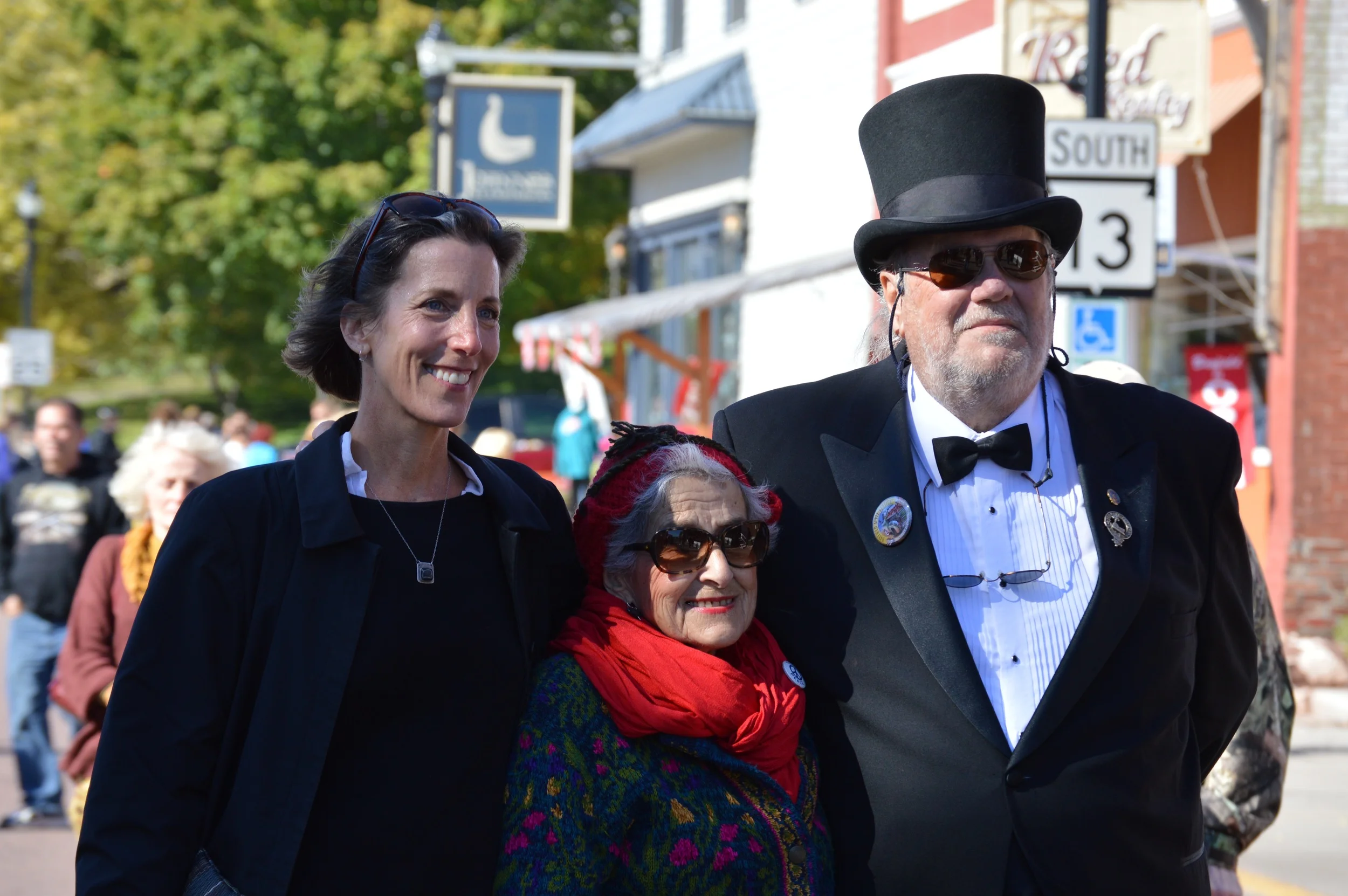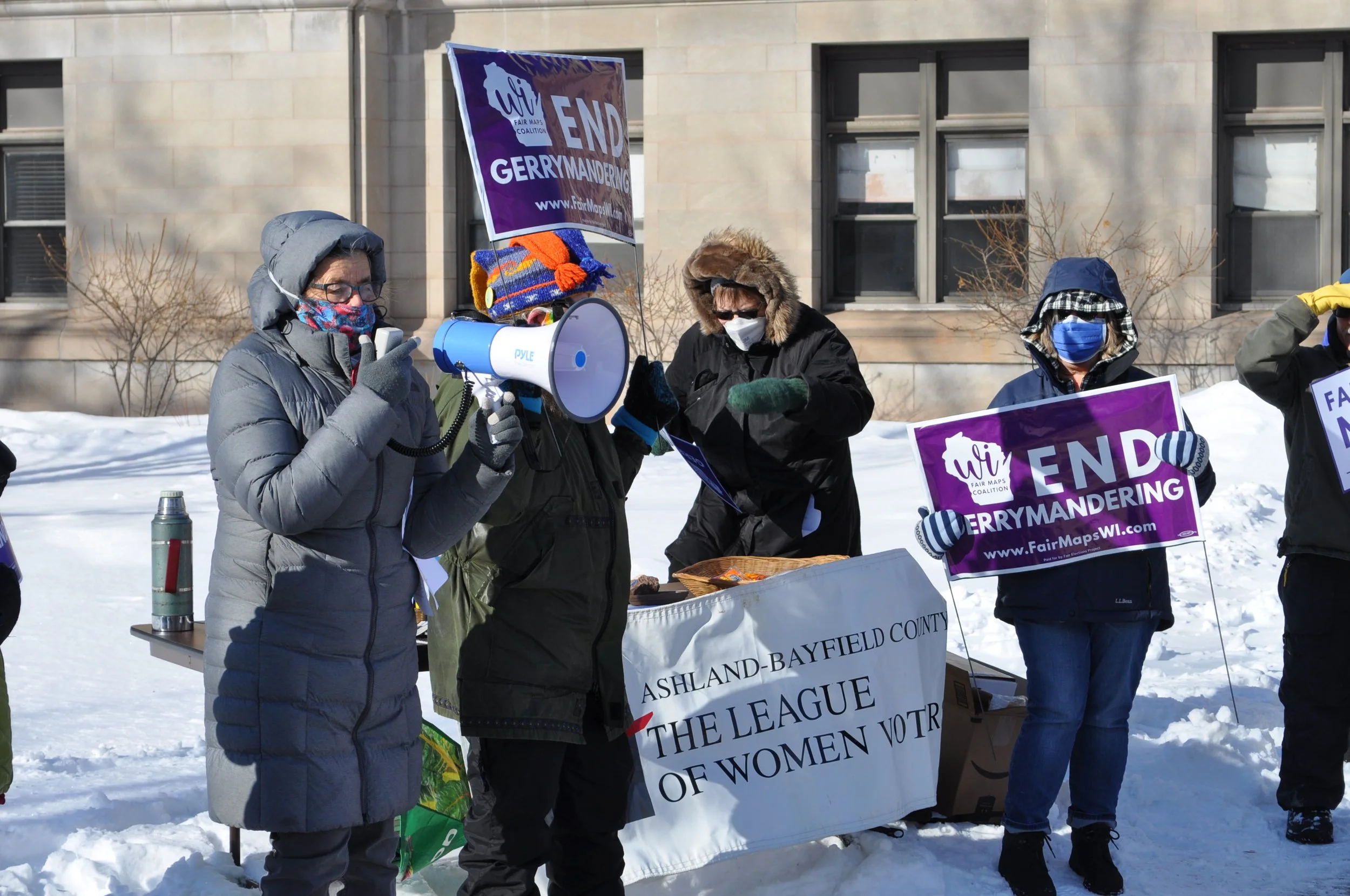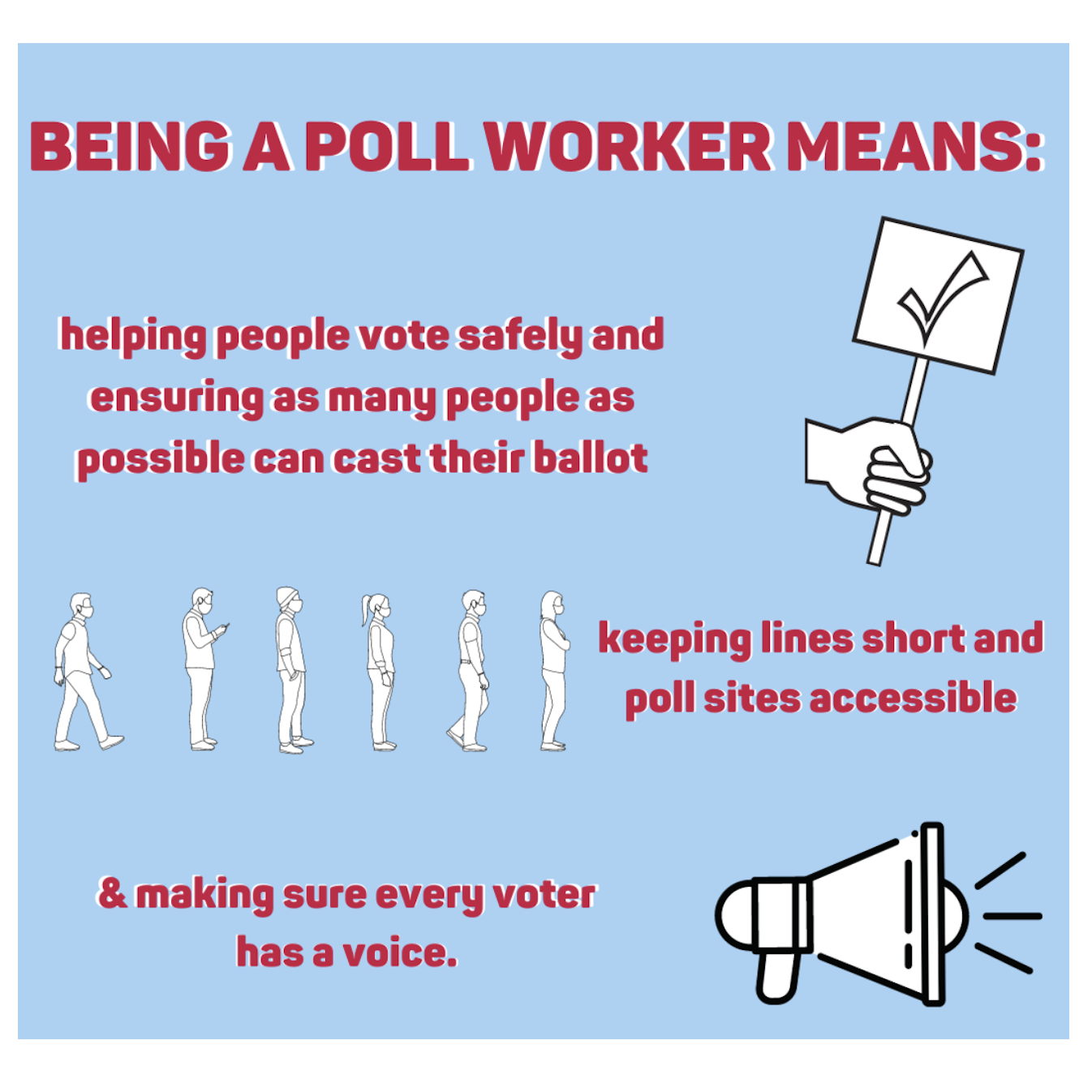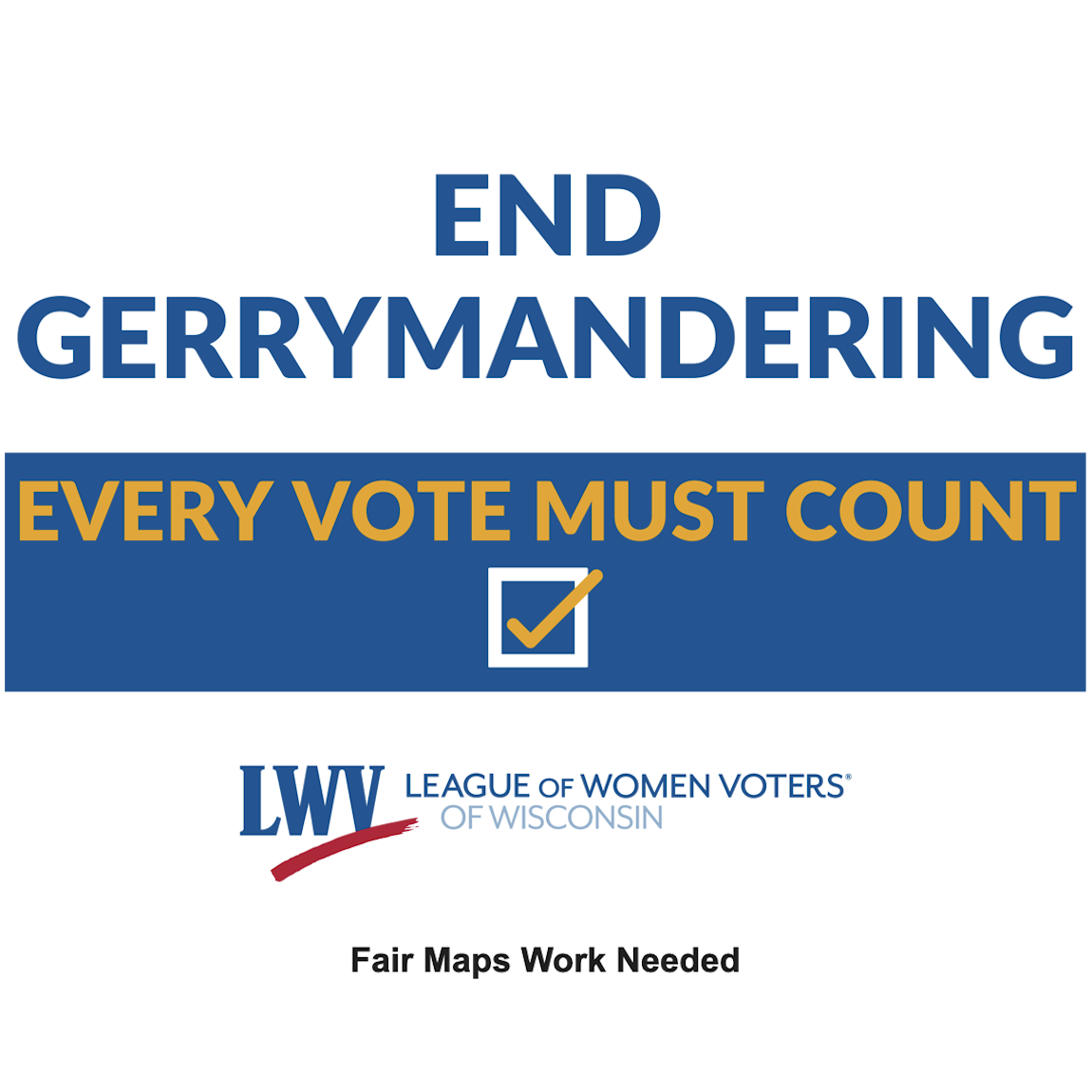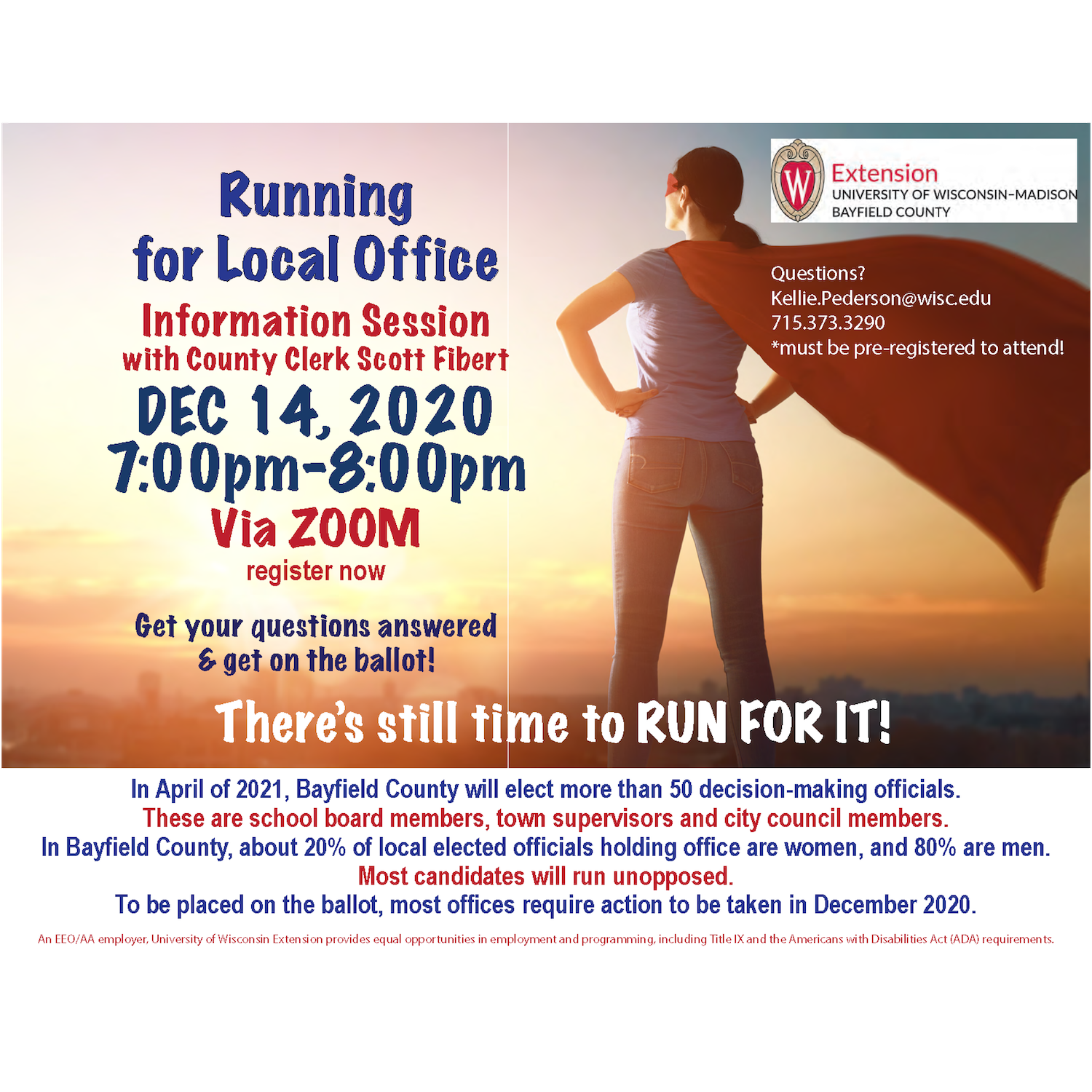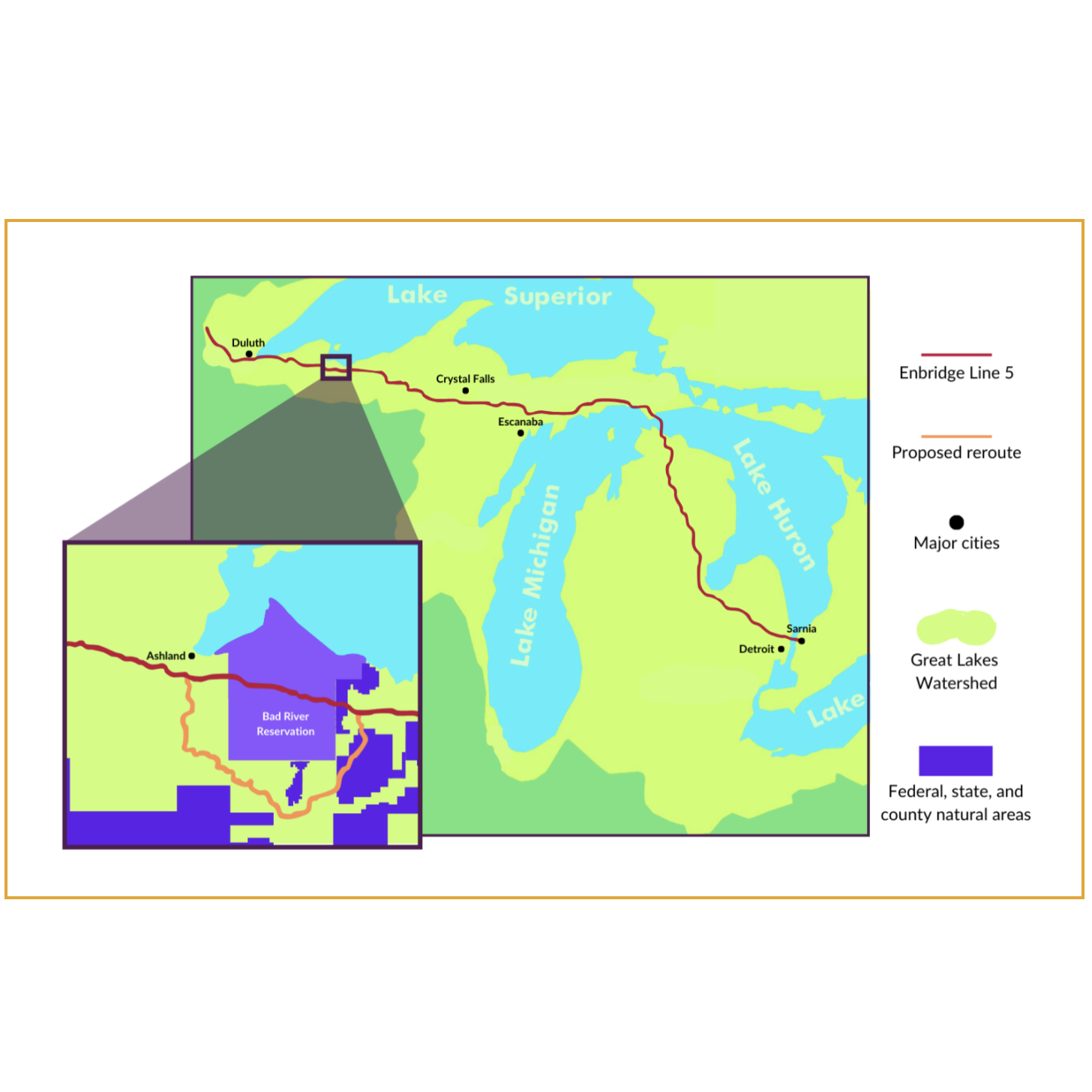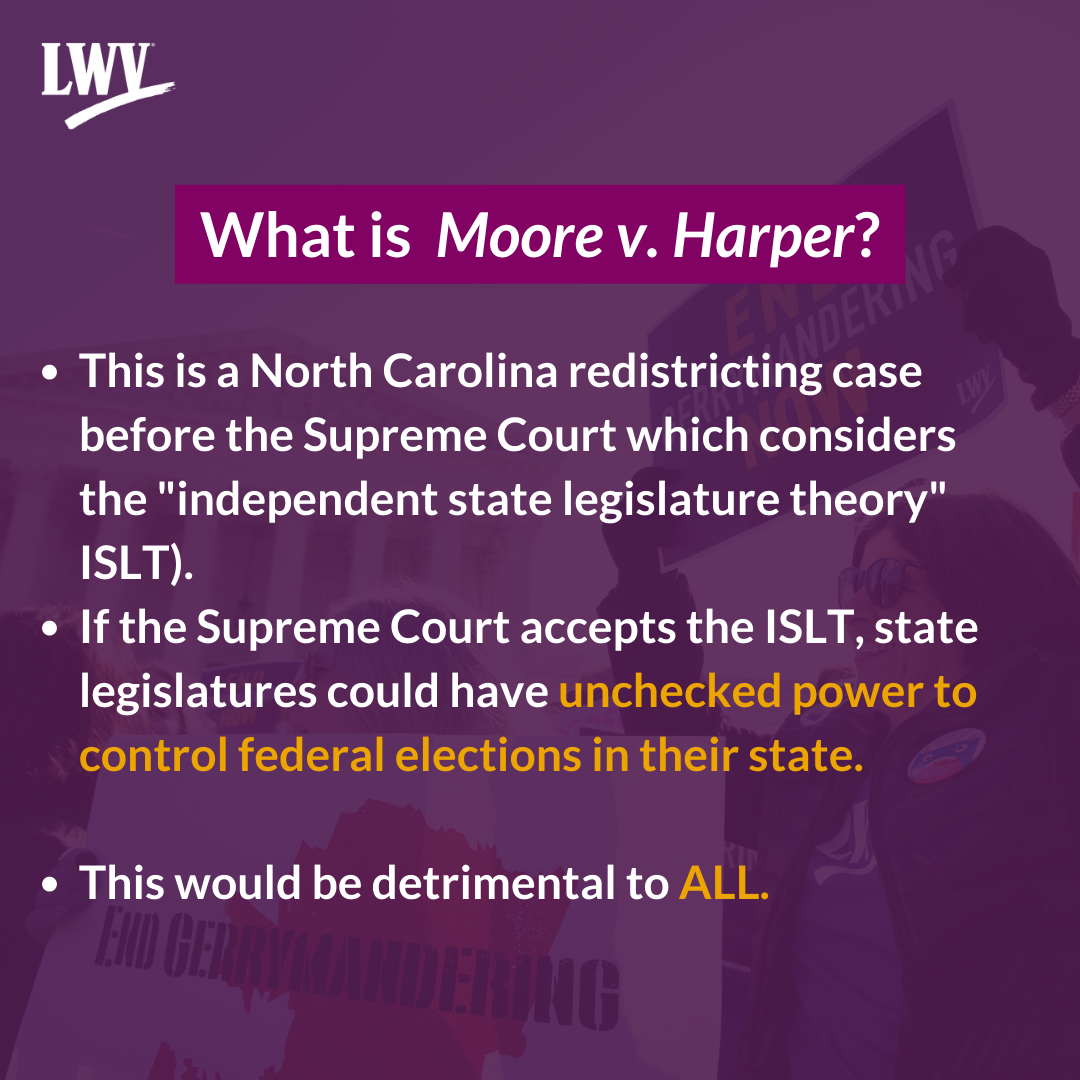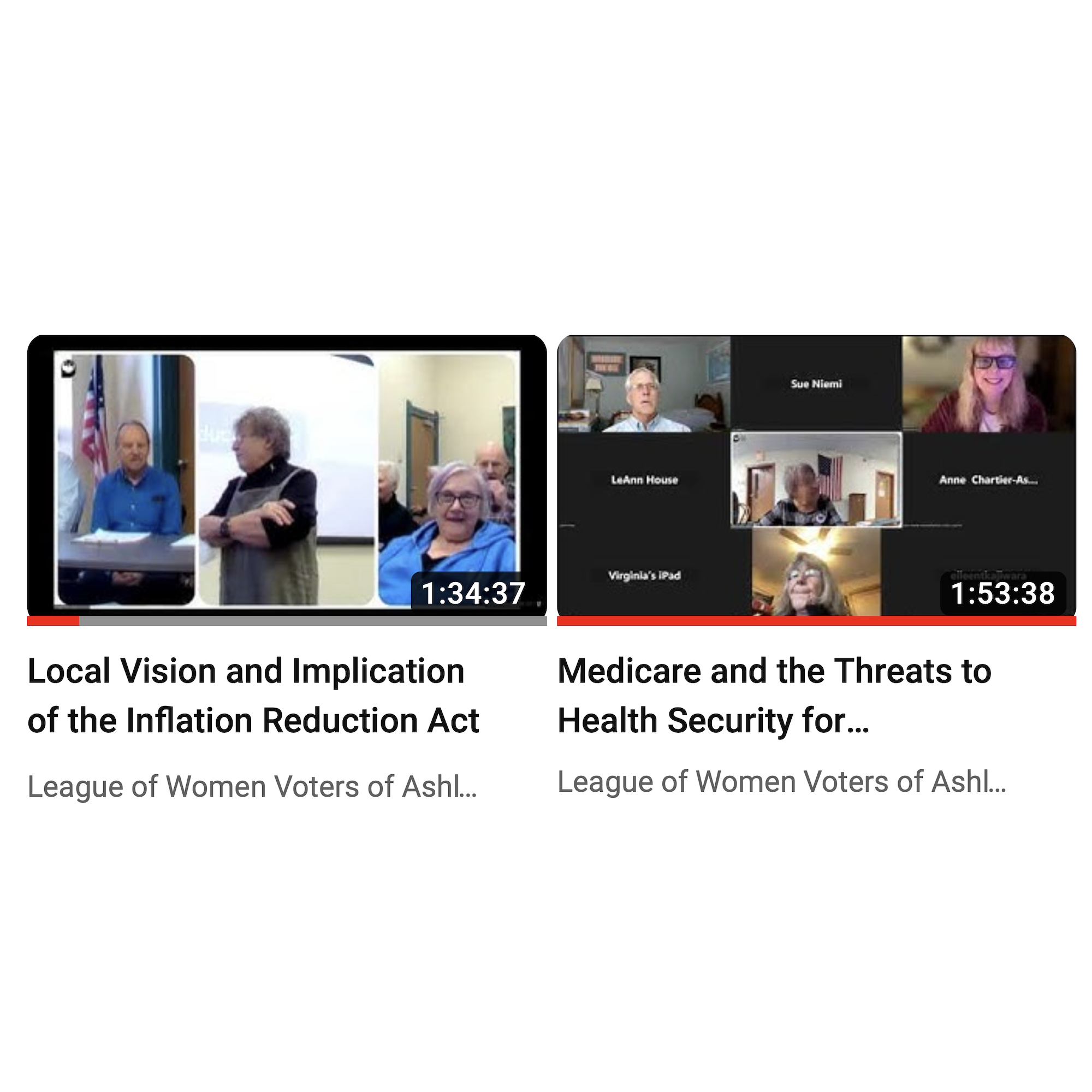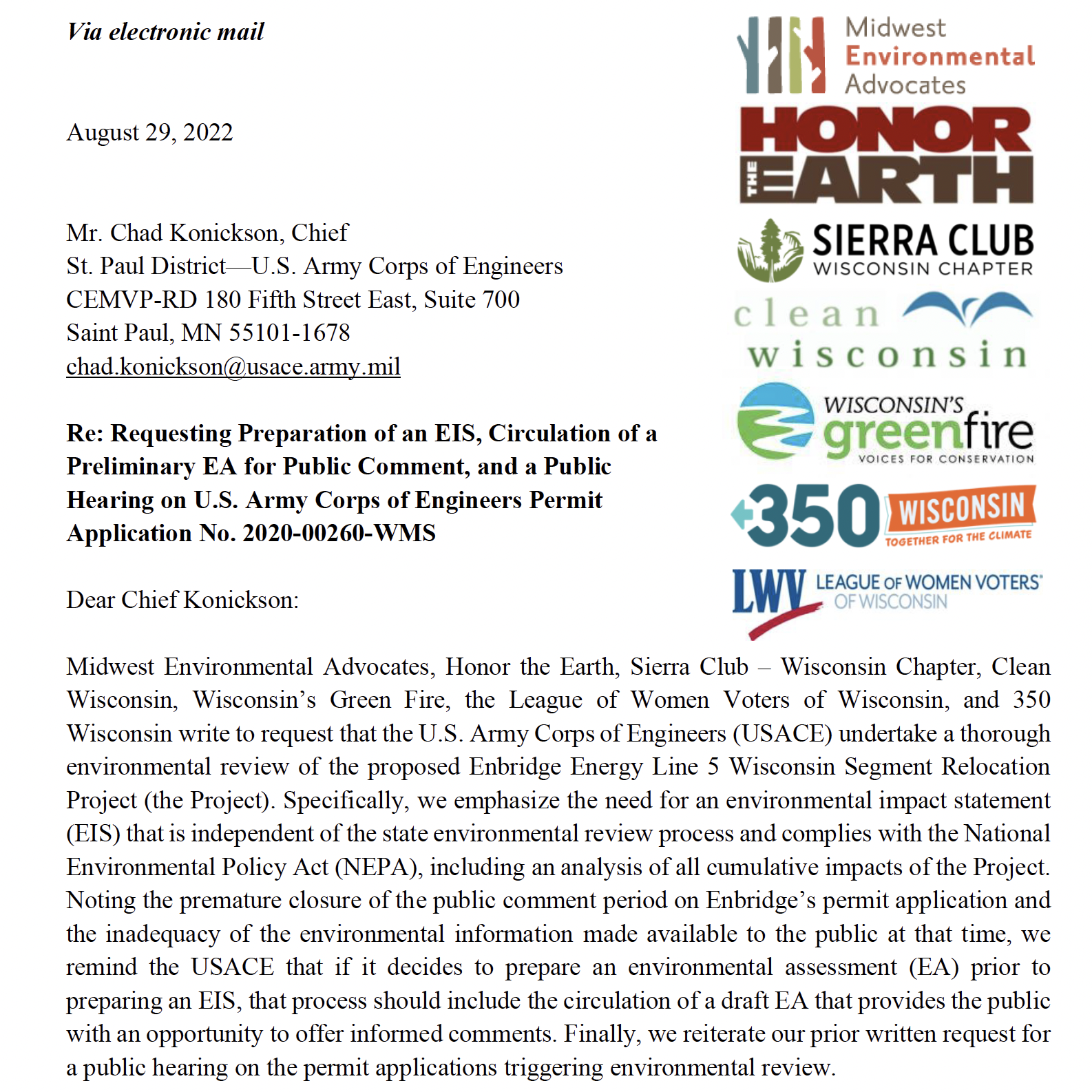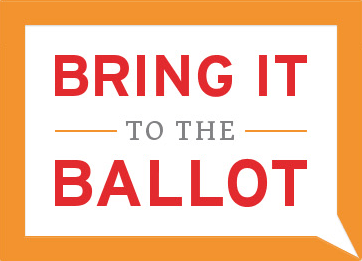Information about the Transportation Referendum on the Ballot November 4th
/Creation of a Transportation Fund
Shall section 9 (2) of article IV and section 11 of article VIII of the constitution be created to require that revenues generated by use of the state transportation system be deposited into a transportation fund administered by a department of transportation for the exclusive purpose of funding Wisconsin’s transportation systems and to prohibit any transfers or lapses from this fund?
Yes ____ No _____
What does this mean? In a nutshell, this amendment would establish the Department of Transportation in the state constitution and limit how monies in the Transportation Fund can be spent. Sounds pretty straight forward, right? Turns out there is more to it and in order to help you make an informed decision, we've found four articles with good information about this ballot item.
According to Paul Fanlund's October 13th article in the Cap Times, "An analysis of the database of the Wisconsin Democracy Campaign, a respected nonprofit, nonpartisan group that tracks campaign contributions, shows that from Jan. 1, 2011, to Dec. 31, 2013, the special interests that back the ballot question, led by groups with a financial stake in more highways, contributed $21.6 million to individuals and political action committees....Predictably, organizations supporting the amendment include producers of road-building material, various fossil fuel energy interests, tourism interests, chambers of commerce, and of course Wisconsin Manufacturers & Commerce, the state’s retro business lobby."
According to the LWV Dane County website, "A “no” vote would mean that the Department of Transportation continues to be a statutory agency. A “yes” vote would mean that. . .(f)unds in the transportation fund may not be. . .used for any program that is not directly administered by the department of transportation.”
An editorial in the Cap Times states, "At a point when the Legislative Fiscal Bureau projects that Gov. Scott Walker’s austerity policies will lead to a $1.8 billion shortfall in the next budget cycle, the worst thing the state could do would be to limit the flexibility of legislators and the governor when it comes to budgeting."
Finally, Craig Thompson, Executive Director of Transportation Development Association of Wisconsin, states in an editorial to the Cap Times, "We are naturally reluctant to solve problems by amending the constitution. That is a healthy reflex. This issue, however, truly belongs in the constitution. This is not a narrow bit of fiscal policy, but rather a common-sense safeguard that will keep transportation user fees dedicated for their intended purpose."
Please use these articles as resources for developing an informed decision at the polls on Tuesday November 4th.

